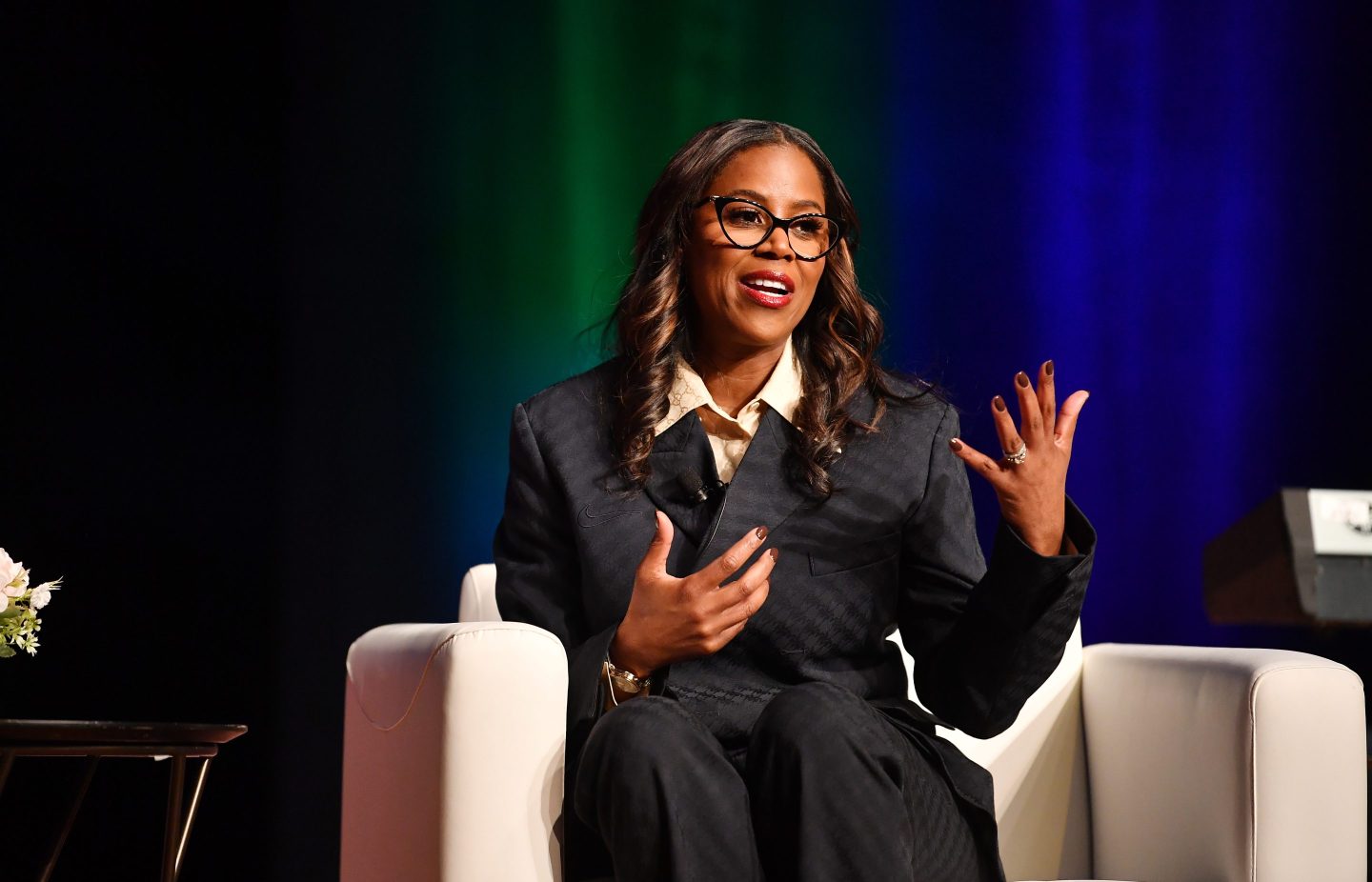Williams-Sonoma sued Amazon in a case that challenges the online retailer’s private label push that started with batteries, baby wipes, and phone chargers and has expanded to include clothing, toys, and high-end furniture.
Amazon’s “Rivet” line includes products that are “strikingly similar” to Williams-Sonoma’s West Elm brand, including a $300 orb chair the household goods maker introduced two years ago, according to William-Sonoma’s complaint.
“It is implausible Amazon could have conceived of a product line with nearly identical product designs which feature product names containing the very same non-descriptive terms WSI uses in connection with these products, other than by intentionally undertaking to copy WSI’s West Elm product line,” the lawsuit states.
Amazon, through a spokeswoman, declined to comment on the trademark- and patent-infringement complaint, which was filed Friday in San Francisco federal court.
The lawsuit marks a new chapter in the ongoing tension between the world’s largest online retailer and major brands that have to decide how to interact with a retailer that can be their partner and competitor. Apple has previously accused Amazon of not doing enough to fight counterfeit products sold on the site by independent merchants. Williams-Sonoma’s lawsuit takes direct aim at Amazon, claiming it “unfairly and deceptively engaged in a widespread campaign of copying.”
Amazon will face more blowback from major brands as its private label products move into more expensive categories in which established brands have invested in design and marketing. Williams-Sonoma said three of the chairs Amazon allegedly copied were designed in-house and accounted for $8 million in Williams-Sonoma revenue in the first 10 months of the year.
“They are going into a ton of different categories and there’s no doubt we’ll see more lawsuits like this,” said Spencer Millerberg, a senior vice president at Edge by Ascential, an e-commerce consulting firm. He previously worked at Amazon. “The thing is, Amazon just doesn’t care. Vendor managers look at how big the legal risk is versus the sales they expect from the product.”
The complaint underscores Amazon’s power as a product search engine, which can glean insights about products customers want that it doesn’t sell based on the searches of hundreds of millions of customers. It can offer similar products and promote them on its site, and even advertise them on Google using the same keywords shoppers use on Amazon. Amazon’s private label products pressure brands to sell and advertise their goods on the web store, lest their customers start buying similar products Amazon is making.
“Amazon can have manufacturers make something just close enough for a consumer to buy it and sell it for 30 percent less while making it just different enough to not violate a patent,” said James Thomson, a former Amazon executive who now advises merchants how to sell on the marketplace. “If someone searched Amazon for a Williams-Sonoma chair and couldn’t find one, they will market to them when they make a cheaper chair.”
Amazon has more than 120 brands, about 100 of which were introduced over the past two years, according to TJI Research. Some brands are directly tied to the Amazon name, such as Amazon Basics merchandise and Amazon Essentials clothing, which includes pull-over fleeces, T-shirts, and underwear. Other private label brands, including most of its other fashion lines, don’t include the Amazon name.
Amazon’s private-label expansion could end up hurting the company’s reputation if it becomes known as a place that pushes inferior imitations of popular brands people would rather buy, said Doug Bania, founding principal of Nevium Intellectual Property Consultants.
“If Amazon is loading up its keyword search results to favor its own products, it’s going to tick everybody off,” he said. “Help brands sell their products and leave it at that. Don’t do a bait and switch and try to sell a cheaper product that looks the same.”
The case is Williams-Sonoma Inc. v. Amazon.com Inc., 3:18-cv-07548, U.S. District Court, Northern District of California (San Francisco).











